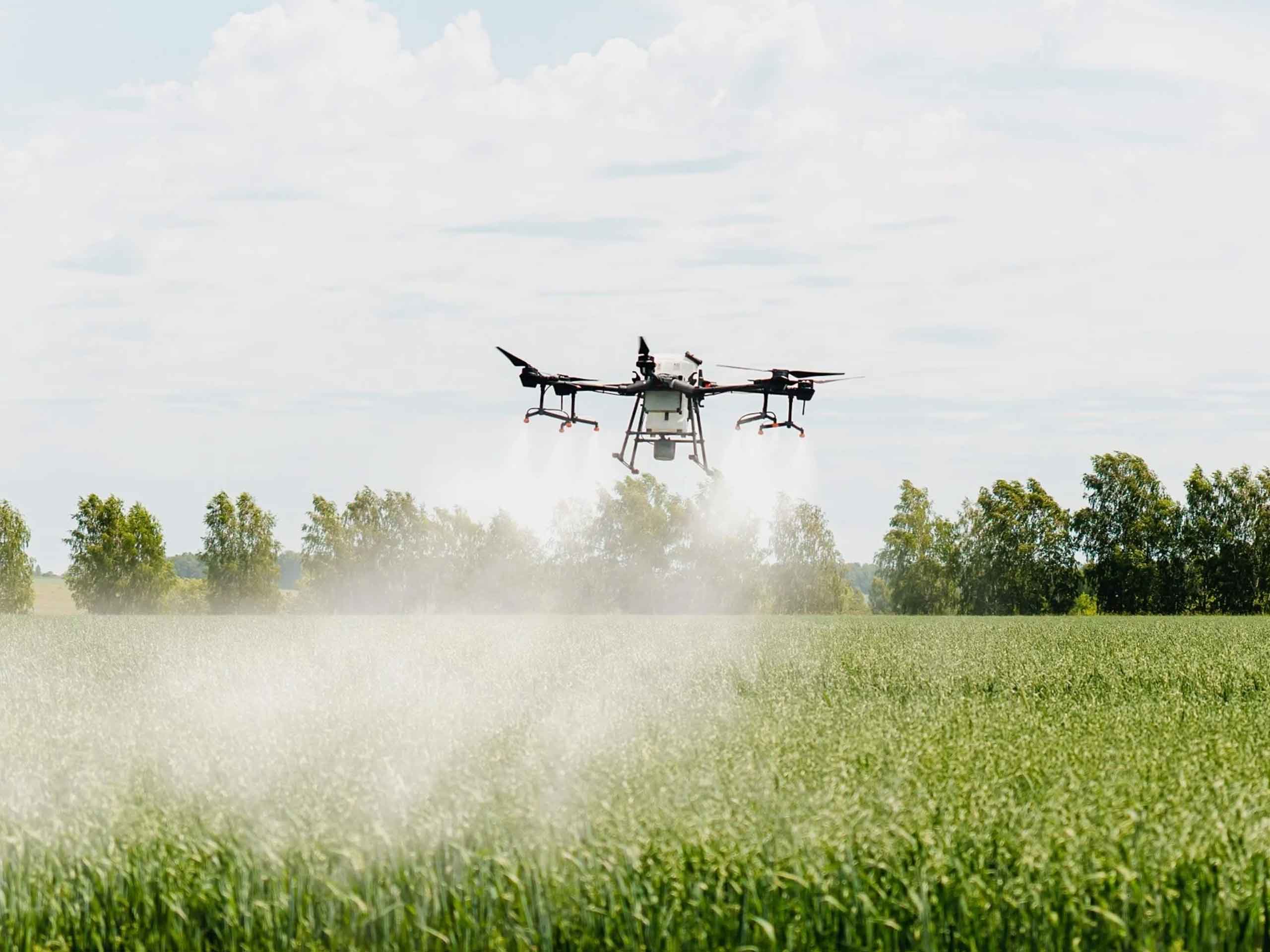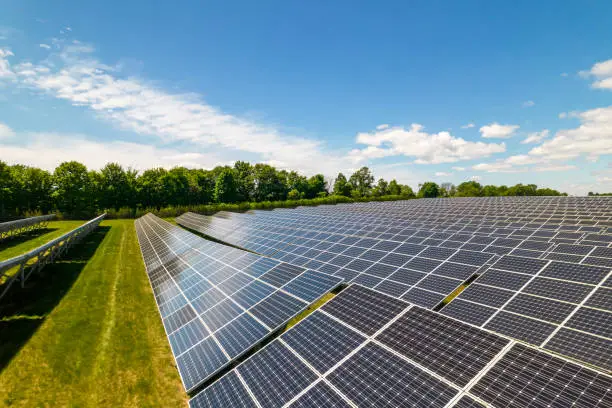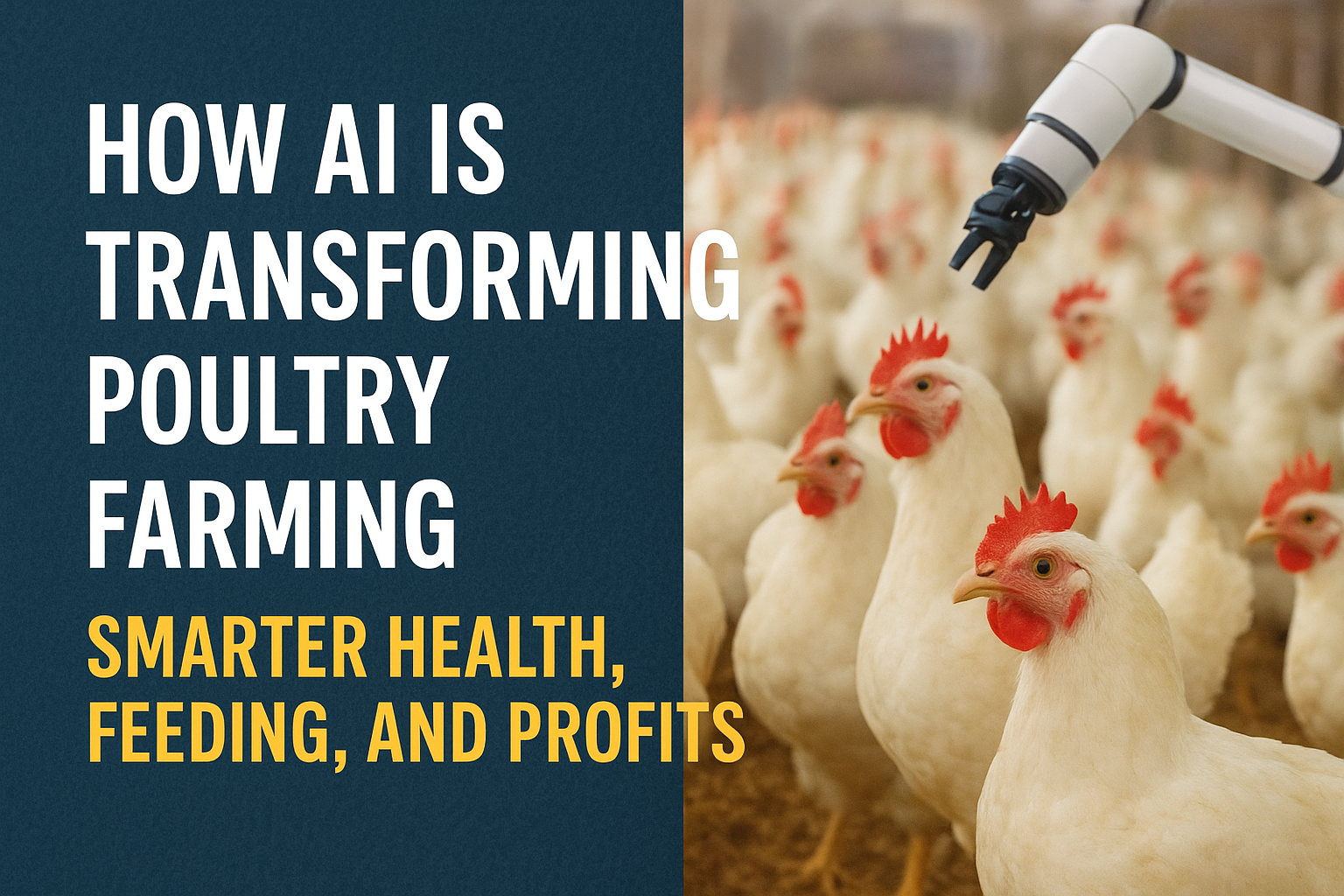- 1 Jul
- 2025
How Smart Farming is Transforming Modern Agriculture
How Smart Farming is Transforming Modern Agriculture
Smart farming, also known as precision agriculture, is revolutionizing the way we grow food. By using advanced technologies such as IoT (Internet of Things), drones, GPS, and data analytics, farmers can now monitor and manage their crops and livestock more efficiently than ever before.
With real-time data from soil sensors, weather stations, and satellite imagery, farmers can make smarter decisions about irrigation, fertilization, and pest control. This leads to higher yields, lower costs, and less environmental impact.
Drones are being used to map fields, detect crop diseases early, and even spray pesticides with high precision. GPS-guided tractors and autonomous machines reduce the need for manual labor and minimize resource waste.
Smart farming is also helping in livestock management. Wearable devices track the health, movement, and feeding patterns of animals, improving productivity and animal welfare.
In short, smart farming is turning agriculture into a high-tech, data-driven industry, ensuring food security while protecting natural resources. As the global population grows, these innovations will be key to feeding the world more sustainably.



